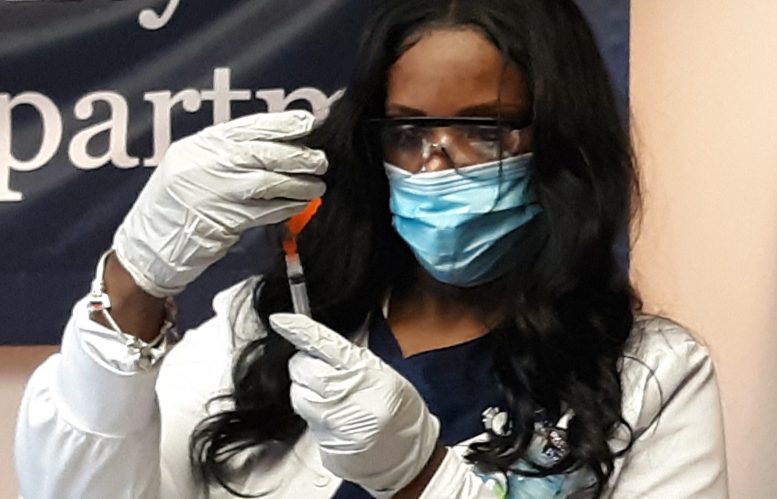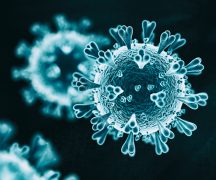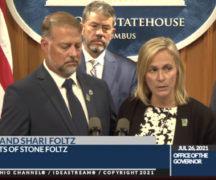The pace of coronavirus vaccinations is accelerating in Ohio, but Gov. Mike DeWine on Thursday said it was still too early to say when non-priority Ohioans can expect to get a shot in the arm.
There was good news on the vaccine front, DeWine said during one of his regular coronavirus press conferences.
The state is now getting almost 150,000 doses a week — up from about 100,00 a few weeks ago. Also, one of the two companies supplying the vaccine — Pfizer — is saying it will increase its national production 40% by mid-February and possibly double it by March.
In addition to that, a vaccine made by Johnson & Johnson could receive regulatory approval by the end of the month, adding millions more doses to the pipeline.
But six weeks after the start of vaccinations in Ohio, fewer than 1 million of Ohio’s 11.7 million residents — or 8% — have received a first dose, according to the state’s vaccination dashboard.
At the same time, the state is only beginning to work its way through Phase 1B of the vaccination plan. That group of 2.2 million includes the elderly, people with severe disabilities and adults who work in schools.
Ohioans over 65 will be eligible for vaccines starting Monday, but state health officials don’t know when supplies will be adequate to give them one.
When DeWine was asked to give his best guess of when the average, non-priority Ohioans could expect a vaccine, DeWine said he couldn’t.
“I wish we had enough to open up the Ohio State stadium and other large venues and vaccinate 24-7,” he said.
DeWine later said that only about a third of the state’s ability to administer the vaccine is currently being used.
“So we really have the capacity to blow it up,” he said. “We don’t really have a problem getting this stuff out; we have problems getting it in.”
In addition to more vaccines making their way into the Buckeye State, DeWine announced some other good coronavirus news on Thursday.
At 4,120, the number of new cases continued to be well below an earlier peak of 7,271 on Jan. 21. Also, 2,252 were hospitalized with the disease across the state, another big drop from 3,270 on Jan. 22.
If the number of hospitalizations stays below 2,500 through next Thursday, DeWine said he would remove the 11 p.m.- 5 a.m. statewide curfew.
Also from Ohio Capital Journal:
Ohio House Speaker defends naming anti-vaccine rep as Health Chairman
The Speaker of the Ohio House on Wednesday defended his decision to re-appoint a representative with outspoken anti-vaccine views to the helm of the House Health Committee.
Rep. Scott Lipps, R-Franklin, has pushed legislation to weaken Ohio’s vaccine laws; called in to video conferences hosted by anti-vaccine groups; made public statements about the need to slow or stop the COVID-19 vaccine rollout; and alleged a lack of “proper studies” about the COVID-19 vaccines.
House Speaker Bob Cupp, R-Lima, renamed Lipps to the top health post for the two-year legislative session that started last month.
The appointment comes during a race to administer two available COVID-19 vaccines — in constantly short supply — as new coronavirus variants emerge that are more infectious and slightly resistant to the vaccine. READ MORE
Householder left off legislative committees as new term gets in full swing
What to know as the 134th Ohio General Assembly’s legislative work ramps up
When the Ohio House of Representatives’ Republican Caucus recently announced its committee assignments, one members’ name was noticeably absent: the former House speaker who is on trial for public corruption.
Rep. Larry Householder is serving his third term in the 72nd District, having been reelected last November despite his arrest months prior for alleged involvement in a political bribery scheme.
Committee membership is assigned by party leaders within the Ohio House and Senate. Republicans serve as committee chairs due to being the majority party.
Committees play an important role in the legislative process. Lawmakers hear testimony from bill advocates and opponents, debate the merits of a proposed law and decide whether it should be sent to the full chamber for a vote. READ MORE





